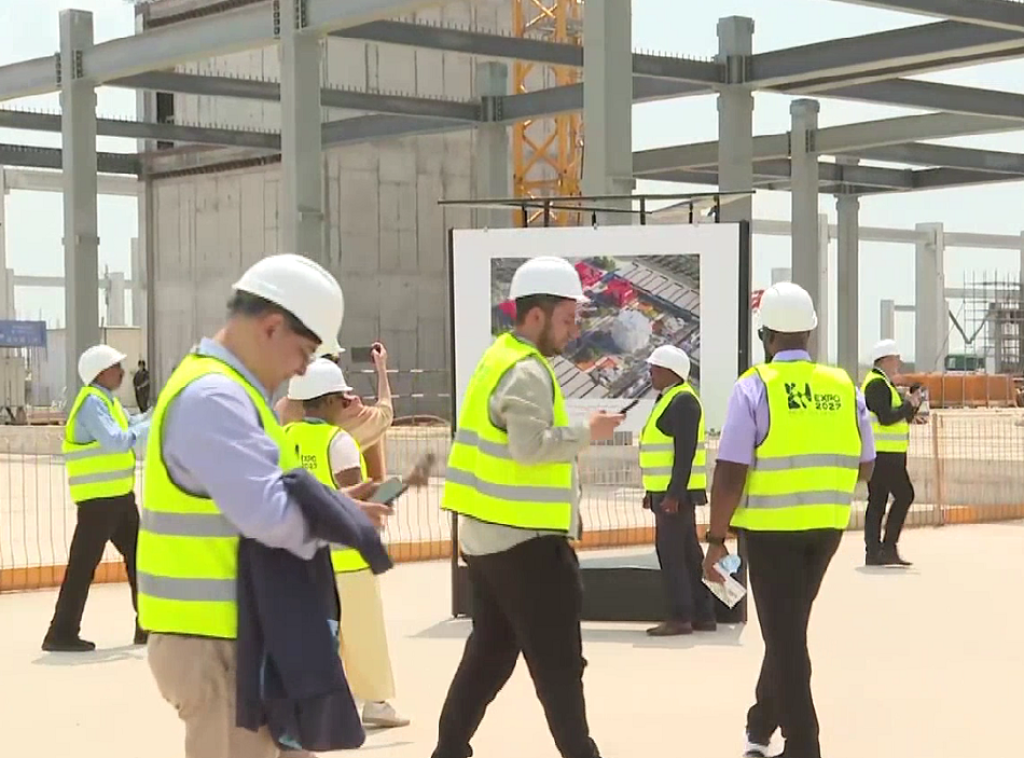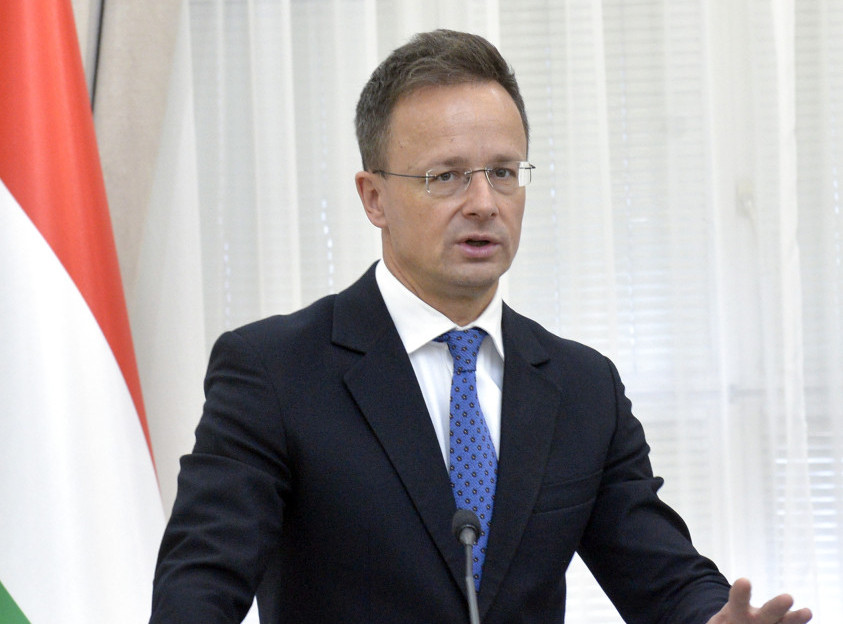At a conference held in Belgrade titled “The Future of the Construction Industry: People, Capital, and Sustainability,” representatives from design and construction companies, manufacturing industry, financial institutions, and sector organizations gathered. It was highlighted that the construction sector in Serbia faced serious challenges last year, but signs of recovery are evident. It was emphasized that construction will continue stable growth over the next two years, with increased activity not only in Belgrade and Novi Sad but also in other regional centers such as Kragujevac and Niš. Additionally, during a panel discussion, the importance of new legal regulations soon to come into effect was stressed, requiring companies to fulfill certain obligations, with the possibility of high financial penalties for non-compliance.
Political Perspectives:
Left: Left-leaning outlets tend to emphasize the social and labor aspects of the construction industry, focusing on the importance of sustainable development, workers’ rights, and the need for regulatory frameworks that protect employees and the environment. They highlight the challenges faced by workers and advocate for stronger enforcement of laws to ensure fair treatment and sustainability.
Center: Center-leaning sources report on the construction industry’s economic outlook, highlighting the sector’s recovery and growth potential. They focus on the balance between economic development, investment in infrastructure, and compliance with new regulations. The narrative is generally optimistic about the sector’s future and stresses the importance of legal compliance and regional development.
Right: Right-leaning media emphasize the role of private capital, entrepreneurship, and market-driven growth in the construction sector. They focus on the opportunities for business expansion, investment incentives, and reducing bureaucratic obstacles. The new regulations are often framed as necessary but should not overly burden companies, with an emphasis on competitiveness and economic freedom.


























































